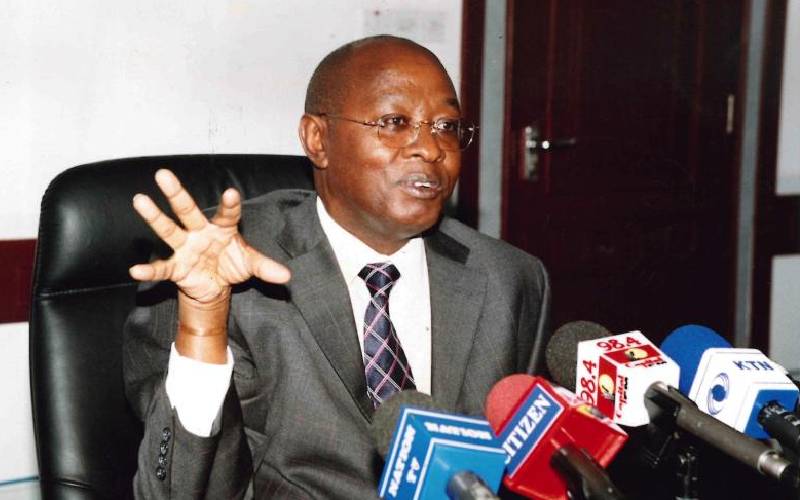×
The Standard e-Paper
Smart Minds Choose Us

Micael Waweru.
“Kibaki orphans.” This is the tag that now defines the “Club of 29” – a group of elite central Kenya businessmen who founded Trans-Century, arguably one of the country’s erstwhile most successful chamas (investment groups).